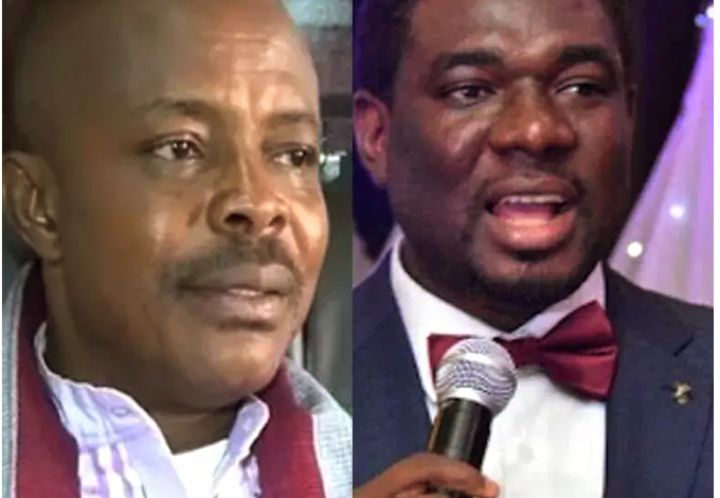Balogun Fathia Idowu

Addressing the escalating economic challenges requires confronting workers in Nigeria, the Campaign for Democratic and Workers’ Rights (CDWR) has implored Organized Labour to initiate a nationwide strike.
This appeal comes amid deadlocked negotiations over a new minimum wage and a recent surge in electricity tariffs, exacerbating the financial plight of the workforce.
The CDWR has called upon the Nigeria Labour Congress (NLC) and the Trade Union Congress of Nigeria (TUC) to spearhead a 48-hour general strike and mass protest.
Their demands include a minimum wage of at least N200,000 and the reversal of various policies they deem detrimental to the poor, such as privatization, deregulation, subsidy removal, and the electricity tariff increase.
For over three weeks, discussions between the NLC, TUC, the government, and the private sector have reached an impasse.
The government and private sector’s suggestion of a N60,000 minimum wage sparked an indefinite strike on June 3, 2024, which was subsequently suspended the following day.
This has left many workers disillusioned and clamoring for decisive action.In a recent statement, Chinedu Bosah, CDWR’s National Publicity Secretary, highlighted the urgency of the situation.
He cited mass protests in Kenya, where young people compelled the government to retract a tax hike proposed by the IMF/World Bank, as a testament to the power of public mobilization.
Bosah believes similar protests in Nigeria could pressure the Tinubu-led administration to reverse recent price hikes in petroleum products, electricity tariffs, public school fees, and other contentious policies.
Bosah underscored the need for immediate and robust action from the NLC and TUC. “The youth-led protests in Kenya demonstrate that Nigerian workers and youth can also force the government to reverse these damaging policies,” he stated.
The CDWR’s call for a 48-hour general strike and mass protest aims to unite workers and the public in demanding more equitable economic policies.The CDWR also criticized the NLC and TUC for their recent shortcomings in mobilization, advocating for grassroots efforts to garner support for the strike.
“Trade unionists and activists must organize at the grassroots level,” Bosah urged. “We need leaders who take their responsibilities seriously.”
Among the CDWR’s demands is the automatic adjustment of the minimum wage to reflect inflation and the rising cost of living. “The minimum wage shouldn’t have to wait four or five years for adjustment,” Bosah argued.
This measure, he contended, would prevent wages from falling behind inflation and the poverty line, ensuring a more stable economic future for workers.
The CDWR acknowledged that achieving these goals would require substantial effort. “It will take serious effort to make the elite agree to and implement these changes,” Bosah noted, warning that any concessions won would be fiercely contested by those in power.
As the call for a nationwide strike gains traction, the coming days will be pivotal in determining the response of the NLC, TUC, and the broader Nigerian public.
The prospect of a 48-hour general strike and mass protest could mark a significant turning point in the quest for fair wages and economic justice in Nigeria.
The CDWR’s call to action resonates with many who have been burdened by economic policies that favor the elite. With the proposed strike, workers aim to send a clear message that their voices and demands cannot be ignored.
The outcome of this movement could set a crucial precedent for future labor struggles in Nigeria and beyond.
